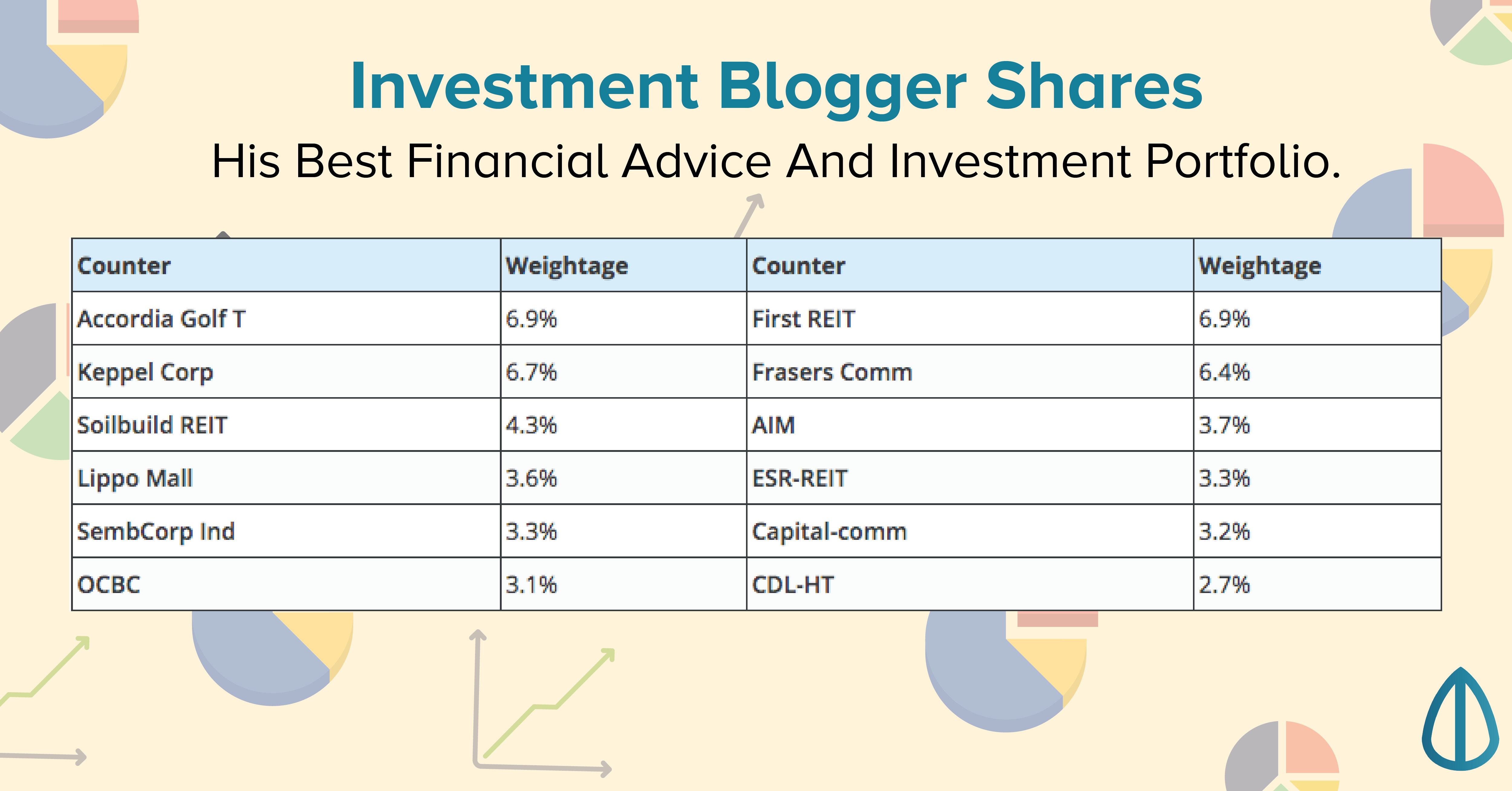Advertisement
Anonymous
Would Investing in ETFs (VOO, IVV) be a better choice as opposed to opting for robos such as the Syfe Equity100 portfolio?
Trying to start out passive investing. Trying to figure out what’s the best move for the long term. Any advice is appreciated
3
Discussion (3)
Learn how to style your text
Reply
Save
Tan Choong Hwee
03 May 2021
Investor/Trader at Home
Both have their merits. Investing in ETFs (VOO, IVV) are passivie index investing focus on S&P 500 long term performance. Investing in roboadvisors are passive investing on your part, but are more active portfolio investing from their perspective aiming to outperform the benchmark. For long term investing, both are appropriate.
Reply
Save
Write your thoughts
Related Articles
Related Posts
Related Products

Syfe
4.6
934 Reviews
Syfe
ETFs, Equities, Bonds, REITs, Gold
INSTRUMENTS
0.4% to 0.65%
ANNUAL MANAGEMENT FEE
None
MINIMUM INVESTMENT
N/A
EXPECTED ANNUAL RETURN
Web and Mobile App
PLATFORMS

StashAway
4.7
1295 Reviews

Endowus
4.7
658 Reviews
Related Posts
Advertisement








Both ETFs and robo-advisors are great ways for people to build their wealth. There’s no clear-cut answer on whether it is best to invest in DIY or through a robo-advisor.
Robo-advisors help in being systematic and avoid behavioral bias that pushes retail investors to buy more from excitement when the markets are growing, and sell out of fear when the markets have dropped. They reinvest the dividends back into the portfolio which is the power of compounding. Automation minimizes the room for error that can come with rebalancing and portfolio reconstruction depending on the economic cycle.
A DIY strategy requires investors to make asset allocation and rebalancing decisions independently unless you only invest in a single ETF (IVV or VOO). You will save a lot in terms of fees compared to Robo. The expense ratio for IVV or VOO is only 0.03% and the transaction fee depends on your brokerage.
Ultimately, it really depends if you want to invest in a single ETF or have diversified ETFs (stocks, bonds, gold, real estate) and automatic rebalancing.